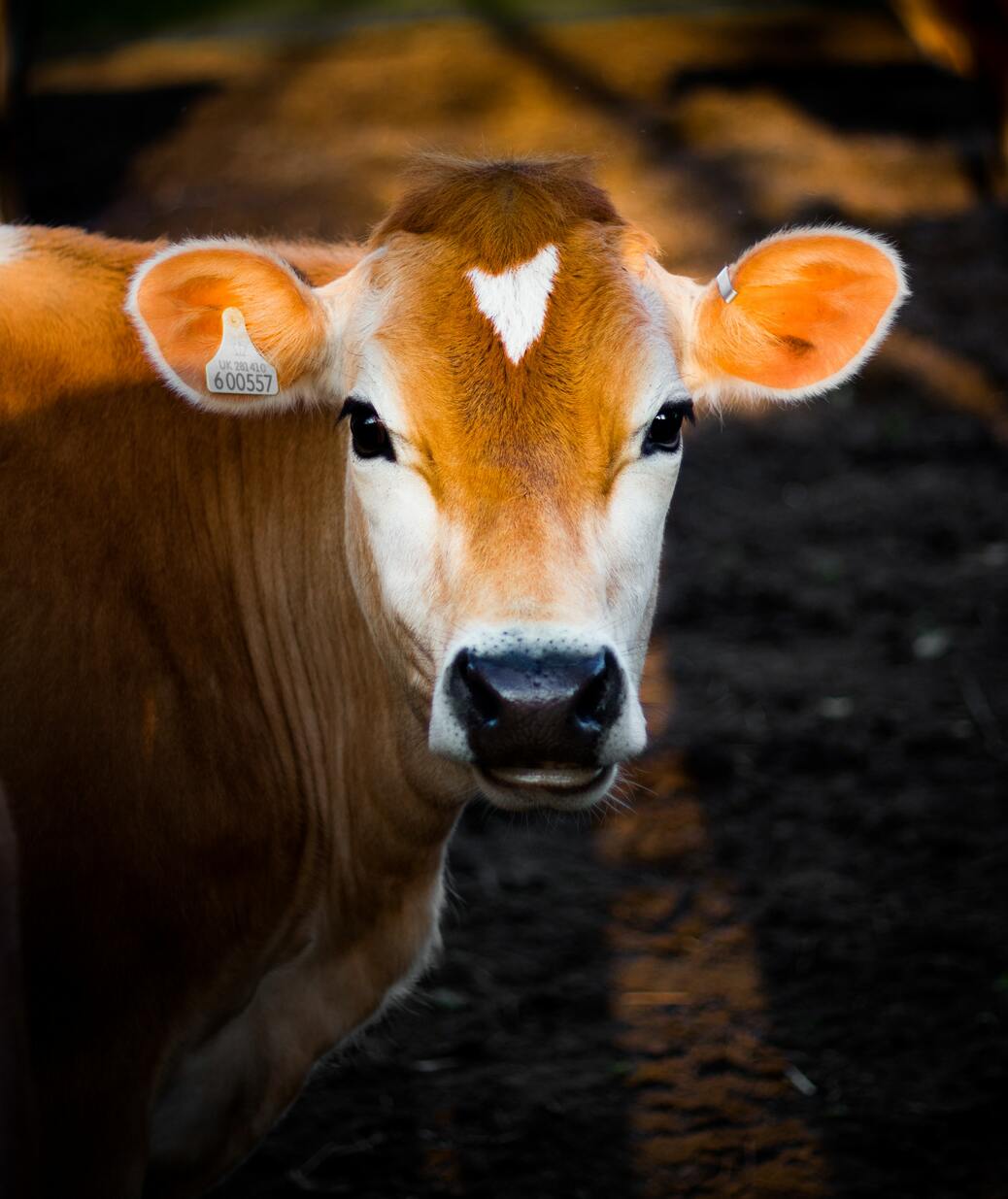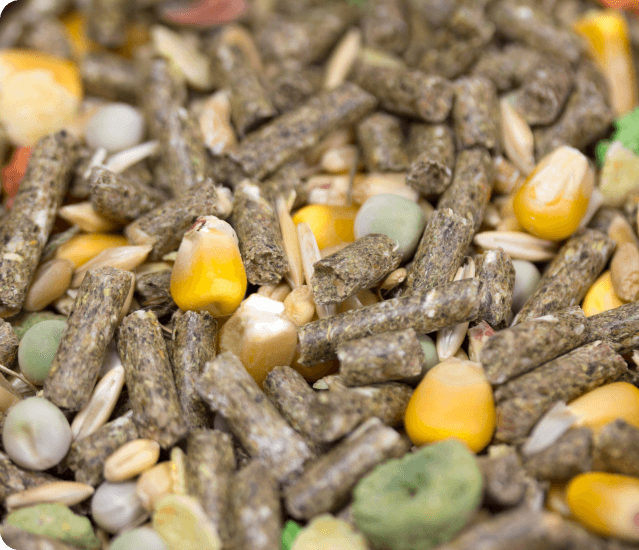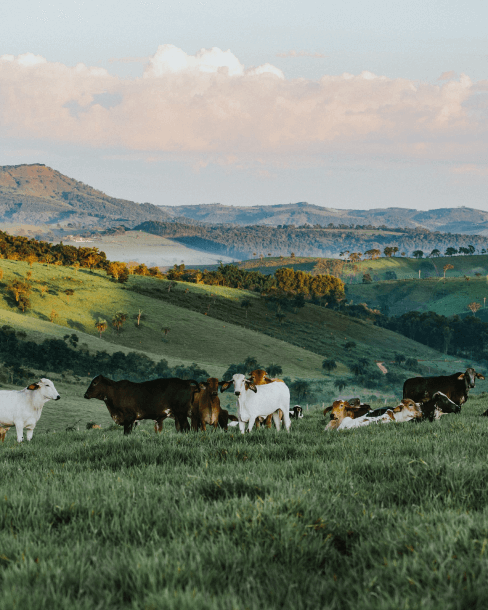
Sustainability
How the specialty feed ingredients industry contributes to the reduction of the environmental footprint
The world population continues to increase, with over 9 billion people predicted in 2050. Correspondingly, the requirement for protein to feed the growing world population will rise. Thus, as agricultural production is increasingly concentrated in specific regions, using all natural resources as wisely and sparingly as possible is becoming more important than ever.
The use of specialty feed ingredients (SFIs) can contribute to more resource-efficient farming, for instance by making it possible to reduce the total amount of feed needed by farm animals in order to meet their nutritional requirement. SFIs can also promote a better use of
agricultural and industrial co- and by-products in feed, hence contributing to a more circular economy. This allows limiting the land needed to grow animal feed, hence lowering the environmental impact of livestock production. More recently, a surge in innovative SFIs, specifically targeted to directly curb environmental emissions such as methane, has further underlined the crucial role of SFIs in limiting the environmental impact of livestock production.
This is why our sector understands itself as a key player in making livestock farming more resource-efficient, sustainable and fit for the future.
Specialty Feed Ingredients Sustainability (SFIS) Project
The SFIS Global Consortium, led by the International Feed Industry Federation (IFIF) and the EU Association of Specialty Feed Ingredients and their Mixtures (FEFANA), has been working to assess the positive impact of specialty feed ingredients on the environmental footprint of livestock production. The consortium has brought together the American Feed Industry Association (AFIA), the Japan Feed Manufacturers Association (JFMA) and the Brazilian Feed Industry Association (Sindirações), as well as companies active in the production of feed and specialty feed ingredients.

SFIS PHASE 3
The SFIS project phase 3 aimed to achieve a harmonized approach for the assessment of the use of SFIs in animal feeding on a cradle to farm gate approach. This included the production of the SFIs from cradle to factory gate as well as the use on the farm and the further recycling or application of manure. Based on this approach, future LCAs for animal products should become transparent, reliable and thus, comparable.
The SFIS Phase 3 looked at Australia, US and Europe pigs and poultry and results showed an improvement, mainly due to improved feed conversion rates. The SFIS Phase 3 was completed in 2022.

SFIS PHASES 1 and 2
Phase 1 and 2 are completed, and the results are shown below. The overall goal, besides assessing the environmental performance impact of feed additives, has been the establishment of a harmonized approach for the assessment of the use of SFIs in animal feeding “from cradle to farm gate”. This has been achieved with the publication of the FAO Livestock Environmental Assessment and Performance (LEAP) Guidelines on Feed Additives, published in December 2020, and for which the SFIS project has provided the ground work.
FEFANA Sustainability
Steering Group
In 2021, FEFANA has set up a new strategic expert group – the Sustainability Steering Group (SSG), tasked with sub-projects related to sustainability on a technical and regulatory level. Part of the work of the SSG includes collaborations discussing technical aspects of the environmental footprinting for specialty feed ingredients (PEF, PEFCR, LCA), as well as aspects of communicating the benefits of such ingredients along the feed chain.

FEFANA members have contributed to position papers, explanatory notes and videos explaining our industry’s pivotal role in sustainable livestock farming. Have a look at these documents and videos via the links below or via the Info Centre tab.
The Green Deal and the Farm to Fork Strategy: Delivering on shared objectives
The European Green Deal and the Farm to Fork Strategy: contribution of the SFI Industry
Specialty Feed Ingredients’ contribution to sustainable animal farming
Specialty Feed Ingredients: a contribution to animal welfare
Feed additives in organic farming
See the videos
Want to join FEFANA?
Become a member.
Want to know more about FEFANA ?
Contact us





